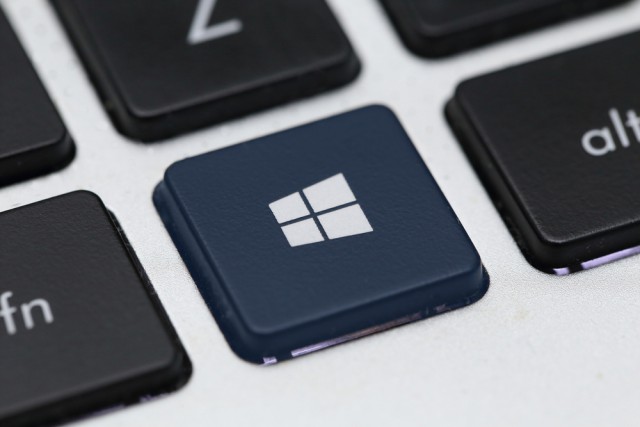
Microsoft preparing the Windows 10 November 2021 Update (21H2) for release
Although Windows 11 is getting most of the press these days, Windows 10 is still being actively developed and Microsoft is about to release the latest feature update for it.
The software giant believes that Build 19044.1288 is the final build for the Windows 10 November 2021 Update (21H2) and you can download and install it now.
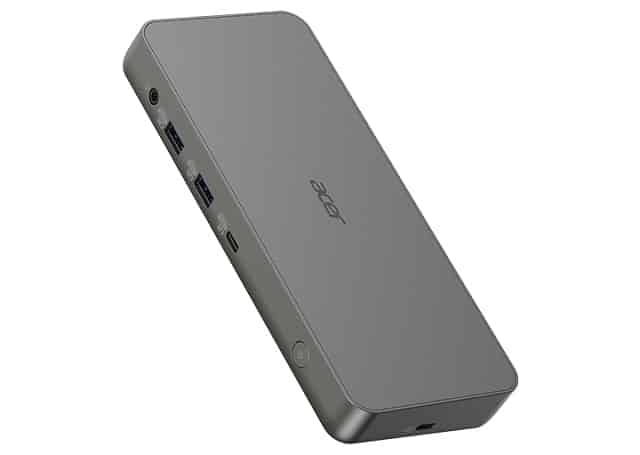
Acer D501 is a pricey Works-With-Chromebook-certified USB-C dock
When a device or accessory is certified as "Works With Chromebook," it means that it will, well... work with Chromebooks. In other words, it is a promise or guarantee that the product is compatible with a computer running Google's Linux-based Chrome OS. With that said, many devices that aren't officially certified will work fine with Chromebooks as well. In fact, you may pay a premium for the "Works With Chromebook" certification when you really don't need to -- it is often nothing more than marketing nonsense.
Today, Acer unveils a Works-With-Chromebook-certified USB-C Dock, and the certification might actually be more than marketing-speak. Called "D501," it looks like your typical USB-C dock, and that is because it pretty much is. What makes it interesting -- other than its compatibility guarantee -- is upgradeable firmware. Yes, you can update the dock itself from within Chrome OS, and that is pretty darn cool. The dock can actually improve over time as Acer puts out updates for it.
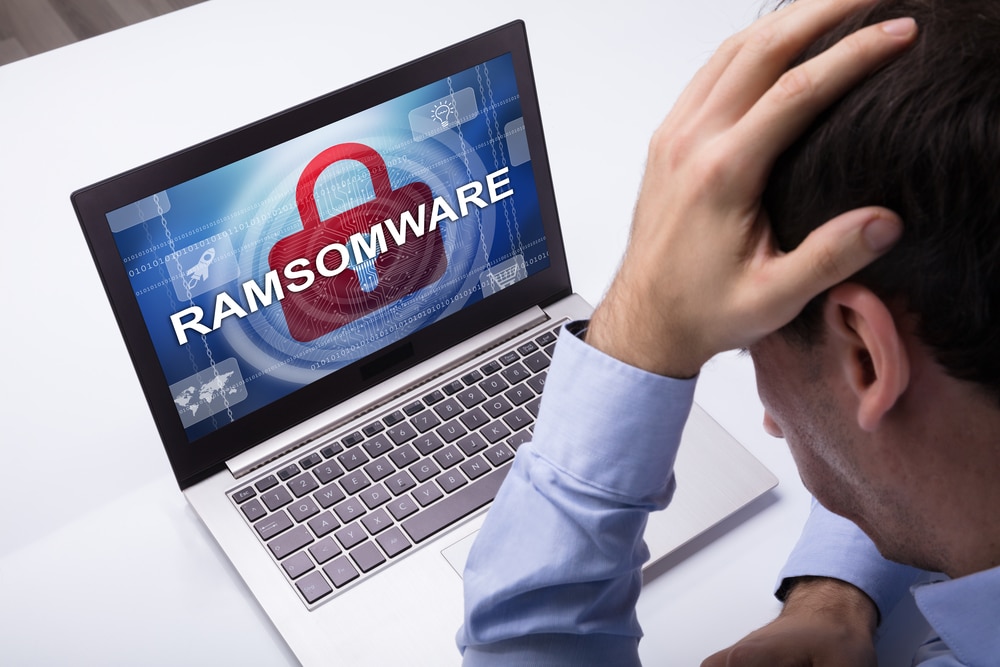
How cloud-based file systems can protect your business from ransomware
Ransomware has rapidly become the number-one cyber threat, with attacks becoming more numerous and aggressive -- a trend that’s not likely to change anytime soon. According to a report from SonicWall, during the first half of this year, ransomware attacks in Europe climbed an astonishing 234 percent compared to 2020, while U.S. incidents soared by 185 percent. Worldwide attacks weren’t far behind, up 151 percent from the same period the year before. The attackers are equal-opportunity criminals, striking organizations of all types and sizes nearly every week.
There are several reasons for the steep and steady increase. The surge in remote workers using poorly protected home systems and networks has created many more opportunities for hackers. At the same time, the growing use of cryptocurrencies has made it easier to extort payment. Emboldened by these trends, cybercriminals are becoming more aggressive, threatening to publish sensitive data if targets refuse to fork over the ransom. They’re also demanding more money; research from Unit 42 puts the average ransom payment in 2021 at almost double the prior year.
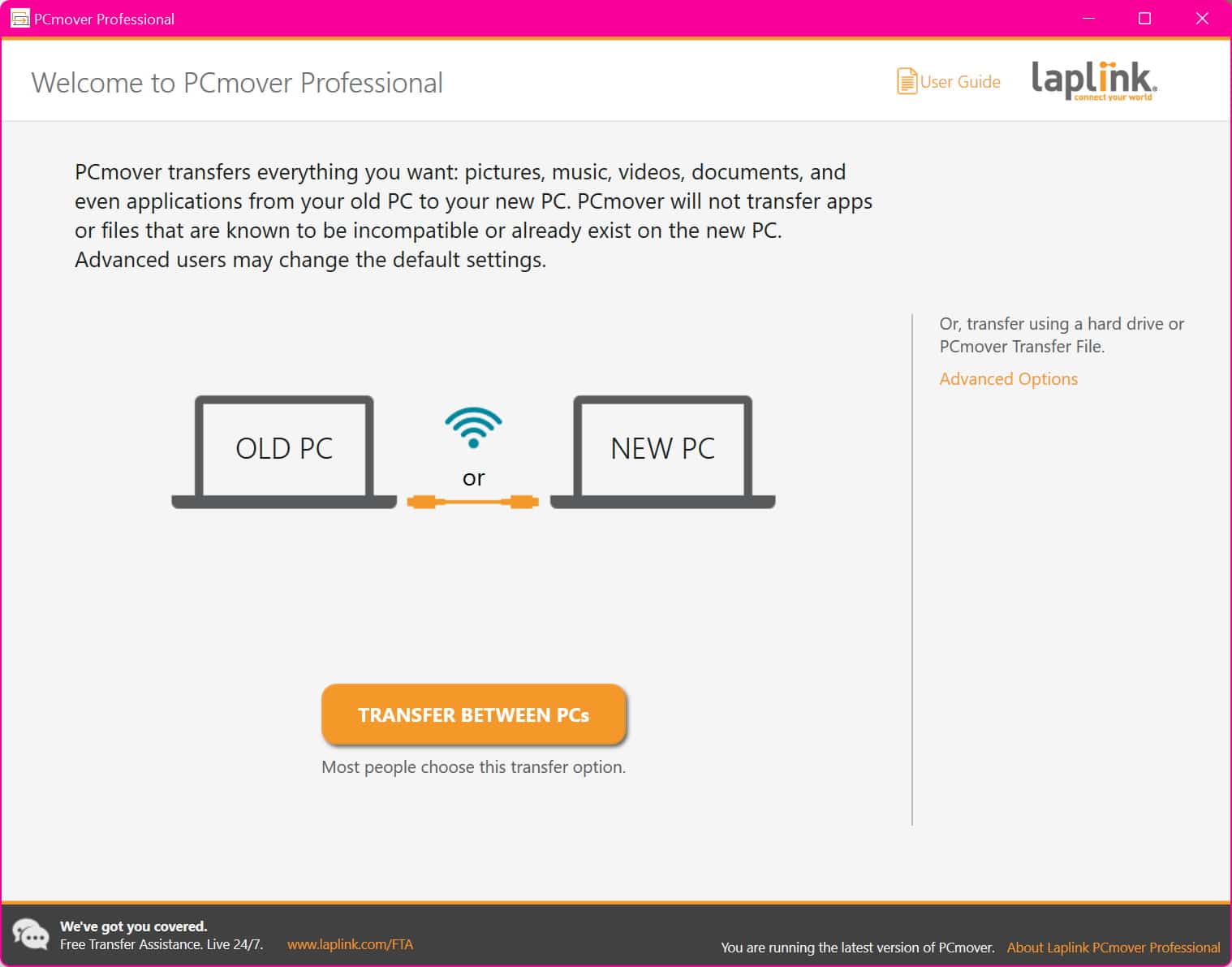
Take advantage of our special offers on Laplink PCmover and simplify migration to Windows 11
There is a lot of pleasure to be derived from buying a new computer, and this is particularly true when you invest in a machine with a brand new operating system. With Windows 11 having just been released, it's a great time to splash out on a new computer so you can use new hardware to take full advantage of everything Microsoft has crammed into the latest release.
But while exploring and using Windows 11 is great, there is the issue of setting up your new computer. This means installing all of the software you need, moving your files across from your old machine, and configuring all of the settings and personalizations you had put in place. Rather than doing all of this by hand, look no further than Laplink PCmover -- an incredible tool that will help you move everything you need to your new computer. And the great news is that you can save money with our special offers on the software.
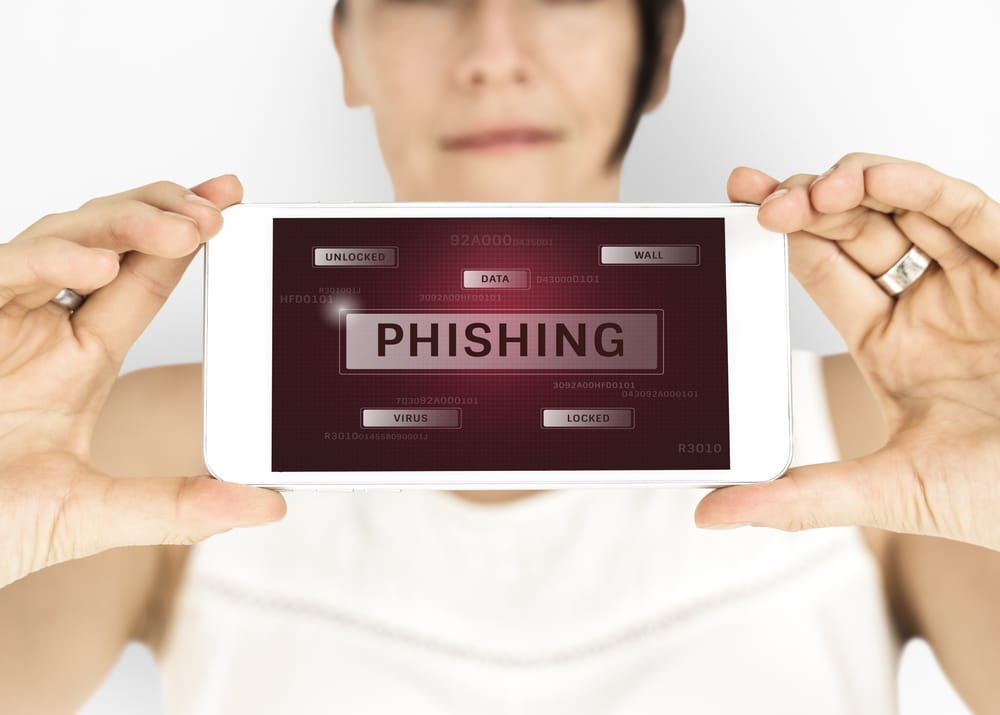
One in 10 users click phishing links on mobile platforms
Most web traffic is now associated with users who are mobile, so it's no surprise that hackers are using this to their advantage by crafting attacks specific to mobile platforms.
Clearly this is paying off with as many as one in 10 users clicking on mobile phishing messages according to Apple enterprise management company Jamf's latest Phishing Trends report based on information, statistics and analysis of 500,000 protected devices across 90 countries.

Cyber insurance ransomware claims decline but costs remain high
Research from commercial insurance provider Corvus reveals that the cost of ransomware to businesses remains high.
Ransomware claims that resulted in payments to fraudsters are down though, mostly due to improved backup processes and greater preparedness. In the third quarter of 2020, 44 percent of ransomware claims involved a successful payment, but that decreased to just 12 percent by Q3 of this year.

Businesses have under 10 minutes to approve new accounts online
A joint study by Onfido and Okta finds that businesses have just 10 minutes to set up new digital accounts or risk losing consumer trust.
This is true across sectors, 65 percent want to open a bank account in less than 10 minutes, 69 percent to book a car rental, 72 percent to open a telemedicine account and 77 percent to register a gaming account.
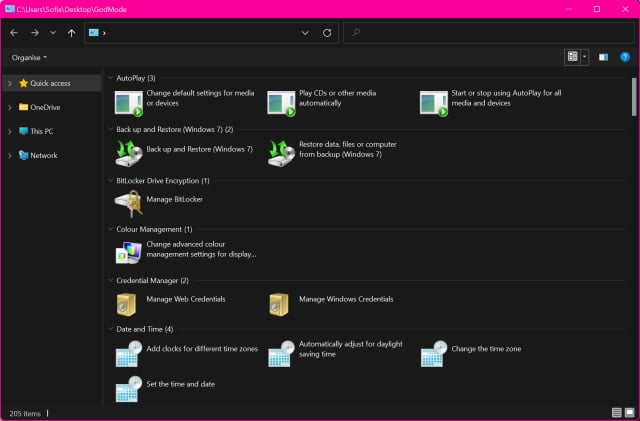
Windows 11 has a handy God Mode for power users
Windows 11 is gradually making its way to more and more computers, giving an ever-growing userbase the chance to try out the latest features. But while Microsoft has used Windows 11 to introduce lots of changes and new options, it has also continued trend of moving away from some of the familiarity of Windows of old.
This includes a continuing move away from the Control Panel to the Settings app. This change is not to everyone's liking, but there is some good news. There is a special God Mode option that gives access to a huge number of Control Panel options in one place, giving power users the control they crave. Here's how to activate it.
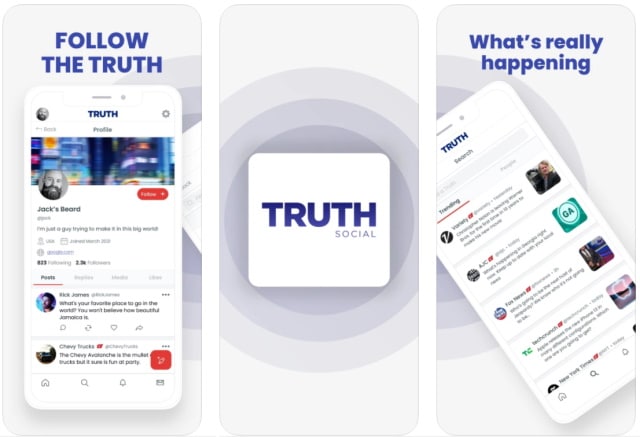
Donald Trump launches his new social networking platform called TRUTH Social
Having been kicked off Twitter, Donald Trump is making good on his promise to launch his own social media platform. The new venture is TRUTH Social and it is the former US president's attempt to "fight back against Big Tech".
TRUTH Social comes from the newly created Trump Media and Technology Group and Digital World Acquisition Group, and Trump says that it will operate as "a rival to the liberal media consortium", adding, "I am excited to send out my first TRUTH on TRUTH Social very soon". From what we can see of it at the moment, it looks very much like a Twitter-clone.
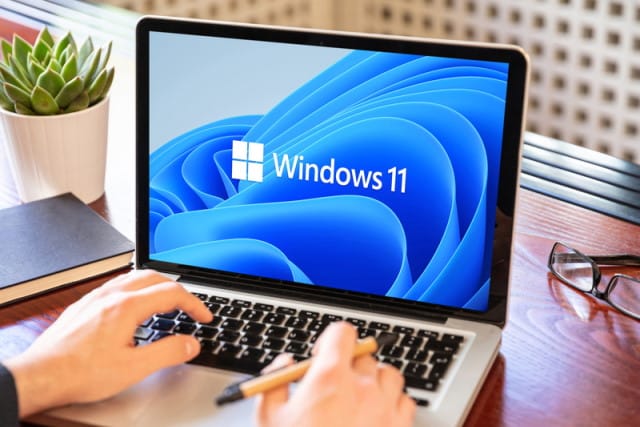
Microsoft releases Windows 11 Build 22483
Today, Windows Insiders in the Beta Channel have been given the chance to finally try out the promised Android apps feature on Windows 11.
Insiders in the Dev Channel also have a new Windows 11 flight to play around with -- Build 22483.

Android apps are available to test on Windows 11 now! Here's how to get started
When Microsoft announced Windows 11 four months ago, one of the killer new features was the operating system’s ability to run Android apps. People were understandably upset when the OS arrived without this functionality, although we were promised it would surface soon.
Today the software giant is giving Windows Insiders in the Beta Channel the chance to try out the new feature, although there is a catch.
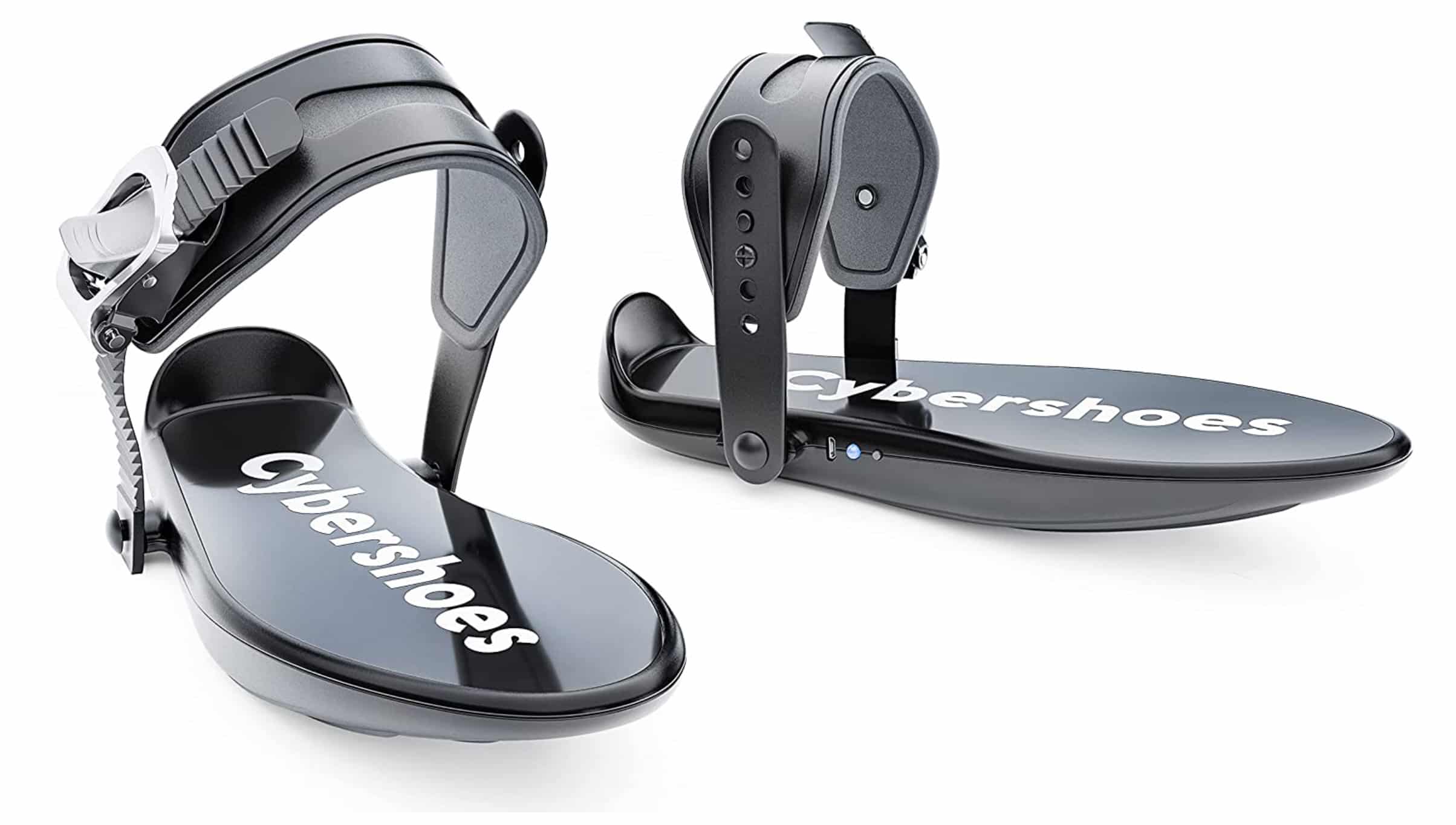
Cybershoes announces integration with several new Oculus Quest 2 VR games, and Amazon Europe availability
Strapped to your feet and connected to your HMD via Bluetooth, Cybershoes for Quest is a cool accessory that let you walk or run through VR games. When I reviewed the product back in March, the selection of titles offering native support was rather limited.
Today, the company announces integration with a number of additional Oculus VR games, including Until You Fall, Contractors, Grapple Tournament, and Larcenauts.
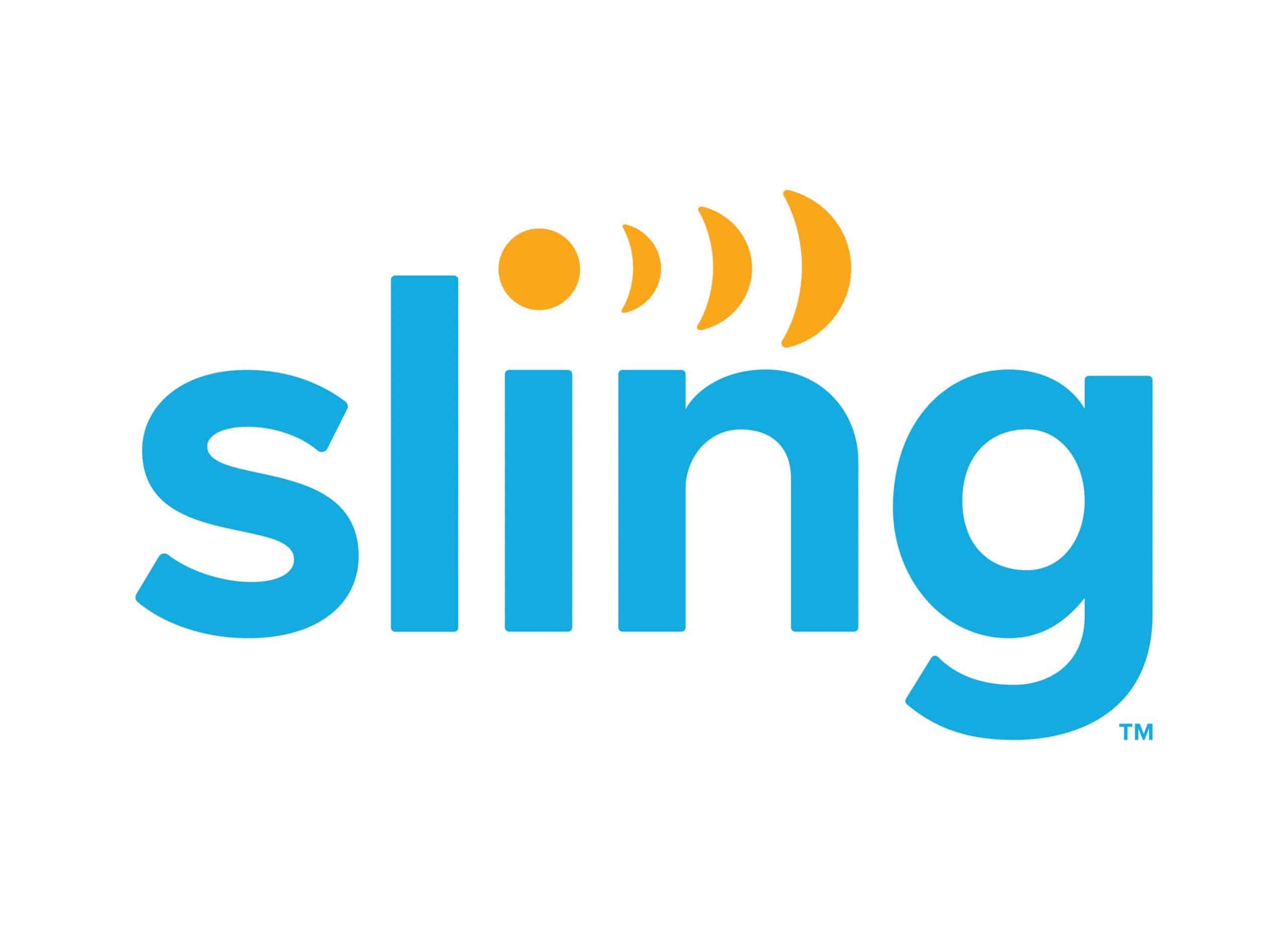
Sling decides a little change can mean a lot
Not long ago, Sling rolled out a major change to its platform, adding and removing features and altering the overall look of the interface. While I welcomed some of those changes, the majority of them I panned.
One I failed to mention when I went over the new, greatly altered look and functionality of Sling, was the inability to browse the guide while continuing to listen to the broadcast you’re currently watching. That feature had been available in the earlier iteration of the service -- you just had to press the up-arrow on your remote to access it.

Businesses are afraid of the big bad bots
A new report out today looks at the measures businesses are taking against bots and how successful they are -- and it doesn't offer good news.
The study from Kasada finds that 64 percent of organizations lost more than six percent or more of their revenue due to bot attacks, and 32 percent have lost 10 percent or more in the last year.

Security fears lead firms to turn off collaboration features
A new study by Theta Lake of businesses in the financial services sector finds that 83 percent of respondents are turning off key productivity and usability features of collaboration platforms like Zoom, Microsoft Teams, and Webex.
This is due to their organizations' technical inability to adhere to relevant regulatory compliance and security requirements.
